Are you intrigued by the intersection of technology and problem-solving? Systems Analysts are professionals who bridge the gap between business needs and technology solutions. They analyse an organisation’s systems, processes, and requirements to design and implement efficient IT solutions.
As a Systems Analyst, you’ll have the opportunity to work on diverse projects, from optimising existing systems to developing new software solutions. This role offers intellectual challenges and a chance to make a significant impact on an organisation’s operations.
Furthermore, the demand for Systems Analysts is steadily growing as businesses increasingly rely on technology. This career provides job stability, competitive salaries, and opportunities for advancement. If you enjoy problem-solving, critical thinking, and the satisfaction of seeing your solutions improve business processes, a career as a Systems Analyst could be a rewarding choice.
1000

Lorem ipsum dolor sit amet, consectetur adipiscing elit. Ut elit tellus, luctus nec ullamcorper mattis, pulvinar dapibus leo.
Working at sea can be physically and mentally demanding, but the satisfaction of a job well done can be very rewarding.
The dynamic and ever-changing environment at sea can be both challenging and exciting, and offers a unique work experience that sets it apart from traditional land-based careers.
Life at sea can foster a strong sense of community, as crew members work and live closely together for extended periods of time.
Lorem ipsum dolor sit amet, consectetur adipiscing elit. Ut elit tellus, luctus nec ullamcorper mattis, pulvinar dapibus leo.
You’ll be tasked with analysing complex systems and identifying problems or areas for improvement, allowing you to exercise your problem-solving skills regularly to find solutions to real-world issues.
You’ll enjoy a diverse and interesting range of responsibilities across the systems development life cycle, including system design, software testing and implementation.
Working closely with business users, developers, project managers and other IT professionals, you’ll enjoy ample opportunities for teamwork, knowledge sharing and relationship-building.
You’ll play a critical role in improving organisational efficiency and effectiveness. By identifying and implementing solutions, you have the ability to make a tangible impact on the whole process.
The industry is constantly evolving, and you’ll need to stay up-to-date with the latest trends, technologies and best practices through professional development courses, certifications and on-the-job experience.
With a solid foundation in both business and technology domains, alongside your experience and expertise, you’ll be well-positioned for career advancement and progression to higher-level positions.
To become a Systems Analyst, you’ll need GCSEs in Maths, English. Computer Science would also be useful. This could lead on to A Levels in Computing, or you could study a Technical Diploma, T Level or Apprenticeship in Computer Science, Information Technology, or Digital Support. You could then consider progressing to Higher Education to study Computer Systems, Software Engineering, Network Engineering, or Cyber Security.
If you’re unsure what level you should be applying for you can find out more how all of the levels compare here
How do I start bullets



To become a Systems Analyst, you’ll need GCSEs in Maths, English. Computer Science would also be useful. This could lead on to A Levels in Computing, or you could study a Technical Diploma, T Level or Apprenticeship in Computer Science, Information Technology, or Digital Support. You could then consider progressing to Higher Education to study Computer Systems, Software Engineering, Network Engineering, or Cyber Security.
If you’re unsure what level you should be applying for you can find out more how all of the levels compare here
Copyright © Southcoast Institute of Technology 2025
Feeder courses are…
Lorem ipsum dolor sit amet, consectetur adipiscing elit. Curabitur laoreet dui non elementum venenatis. Fusce ultricies non neque id cursus. Duis dictum nibh nec leo convallis pellentesque. Curabitur lacus ligula, tempus bibendum est eget, pellentesque dignissim nunc. Maecenas dapibus nibh eget sem tincidunt